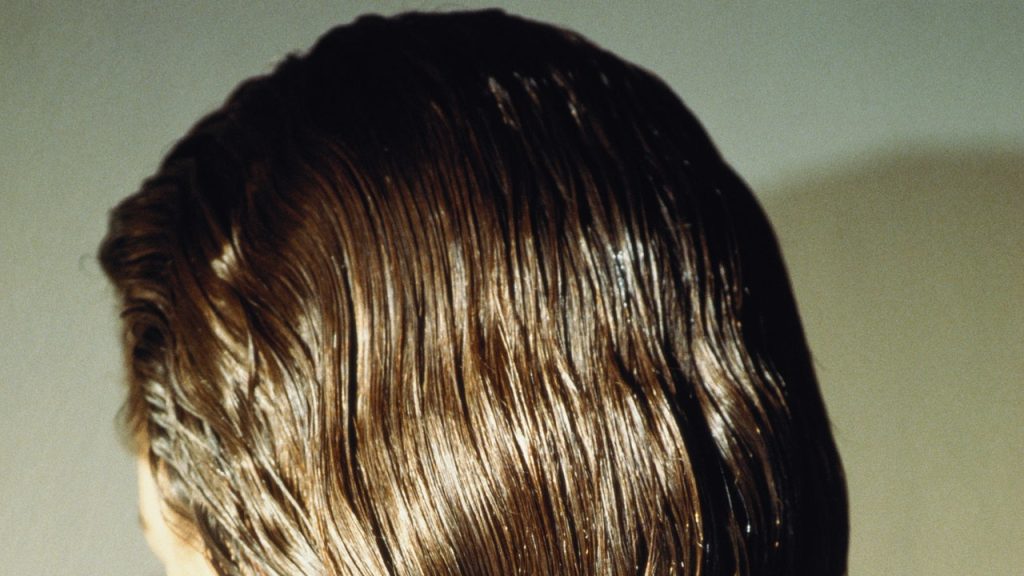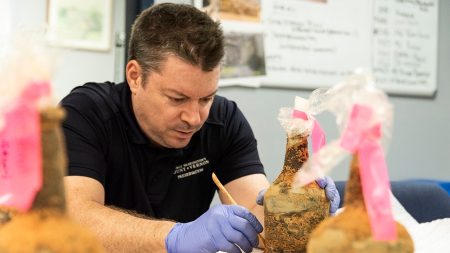Sleeping with wet hair comes with a variety of negative effects that experts strongly encourage avoiding. The number one reason to avoid sleeping with wet hair is the potential for hair breakage. Wet hair fibers are more fragile and can sustain damage from friction caused by contact with fabric while sleeping. Hair breakage can occur due to the temporary breaking of hydrogen bonds in the protein structure of hair strands, making hair more prone to breakage. While this is especially true for straight or wavy hair types, curly and textured hair may experience increased elasticity, making breakage less likely.
In addition to hair breakage, sleeping with wet hair can disrupt the microbiome of the scalp, leading to an imbalance that can negatively impact hair growth and overall hair health. This imbalance, combined with the damp environment created by wet hair, can encourage bacteria growth on the scalp and in the hair strands. This can lead to scalp acne, which can be itchy and sore, and in severe cases, can develop into scalp infections. Furthermore, sleeping with wet hair can worsen existing scalp conditions such as dandruff, dermatitis, and eczema, as the warm damp environment can exacerbate these concerns.
To avoid the negative effects of sleeping with wet hair, experts recommend thoroughly drying the hair before going to bed, either with a hair dryer or by letting it air dry completely. While occasional instances of sleeping with wet hair may not cause significant damage, it is best to avoid making it a frequent habit. The friction and movement experienced during sleep, such as tossing and turning, can contribute to damage and breakage. Taking the time to dry the hair completely can help maintain the health and integrity of both the hair and the scalp.
There are a few tips and tricks to keep in mind if you ever find yourself needing to sleep with wet hair after a late-night shower. While it may not be ideal, experts advise minimizing head movement during sleep to reduce the risk of damage. Additionally, using a silk or satin pillowcase can help reduce friction on the hair and prevent breakage. It’s important to keep in mind that while occasional instances of sleeping with wet hair may not be harmful, making it a regular habit can lead to long-term hair and scalp issues. By taking the time to dry the hair completely before bed, you can help promote healthier hair growth and maintain overall hair health.















